Bangkok Expo 2032: Student’s bold vision could transform the city
Design blends Bangkok’s identity with transport, art, cooling, smart water management
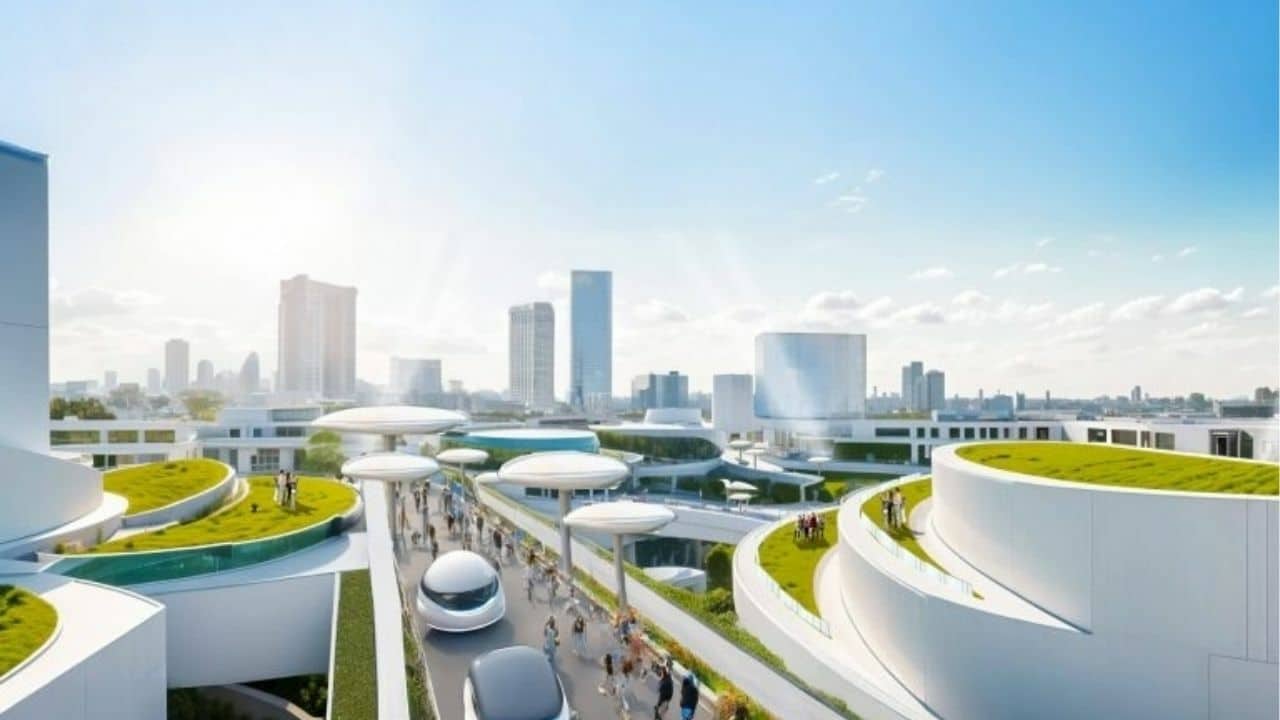
What if Thailand finally hosted a World Expo — and it happened right in the heart of Bangkok?
That’s the bold vision behind Bangkok World Expo 2032, the graduation thesis of Thanakrit Kanchanaram, a student from Chulalongkorn University’s Faculty of Architecture. His plan transforms Makkasan Station into a cutting-edge exhibition hub, making Bangkok the epicentre of innovation, culture, and urban revival.
“Thailand has tried twice — in 2020 and 2028 — but failed due to budget and infrastructure setbacks,” Thanakrit explained. “But the dream isn’t dead.”
Instead of a full-scale Main World Expo, his proposal focuses on the more manageable Special World Expo, a three-month event with a limited footprint of 156.25 rai — still enough to leave a lasting impact.
He chose Makkasan not just for its space, but for its rich transport history and accessibility via boat, BTS, MRT, and the Airport Rail Link. “It’s a hidden gem,” he said. “It can be seen from all directions — a perfect urban canvas.”
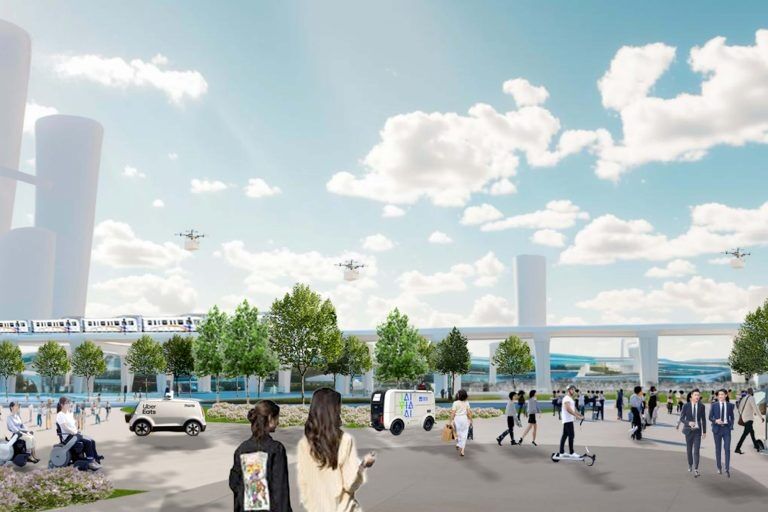
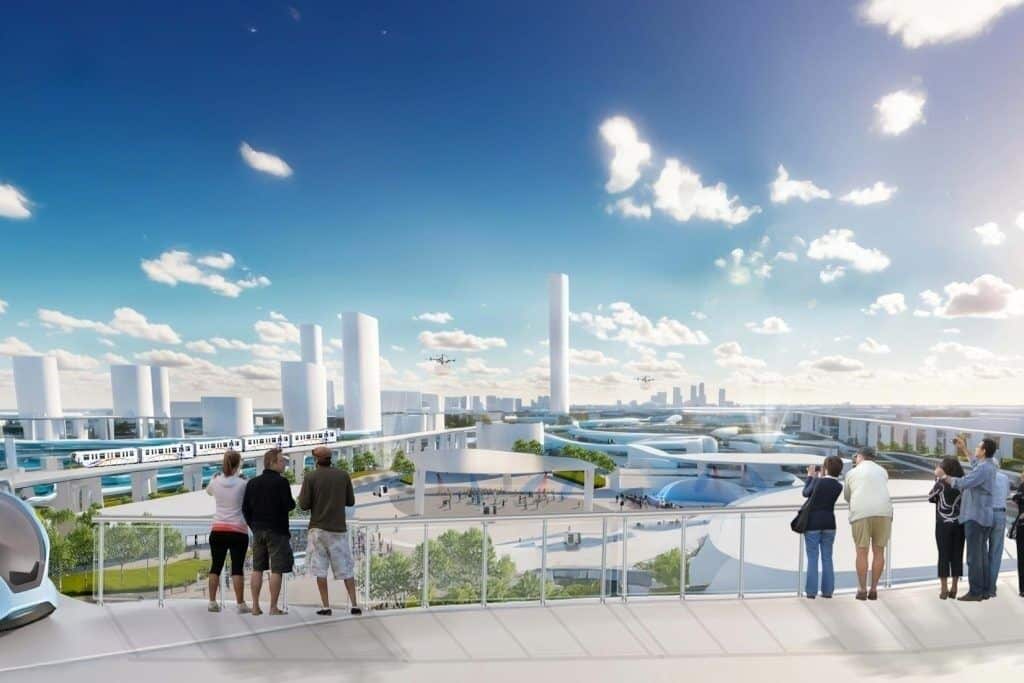
Thanakrit’s theme? Century of Movement: Connecting the Future, Living in Motion. His proposal includes zones like an entrance plaza with exhibition halls, a tech and travel museum, green public spaces, a lakeside hotel, and street-style floating market zones — all blending Thai charm with futuristic innovation.
The design cleverly integrates Bangkok’s identity, including water-based transport systems and Art on Street installations. It even adopts Singapore’s District Cooling System to fight heatwaves and includes smart water management to avoid flooding.
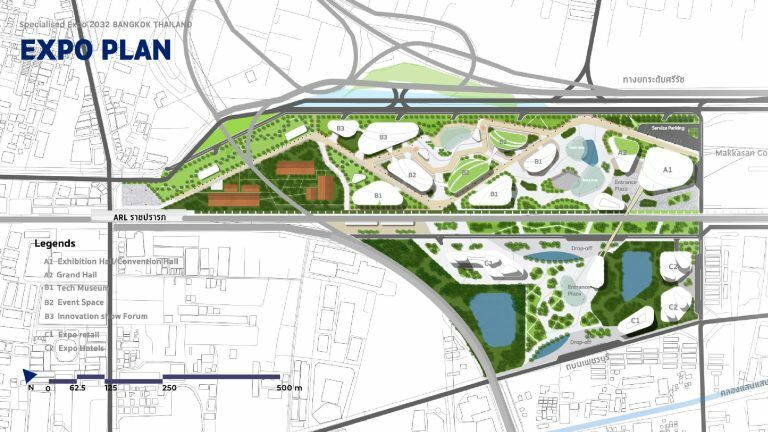
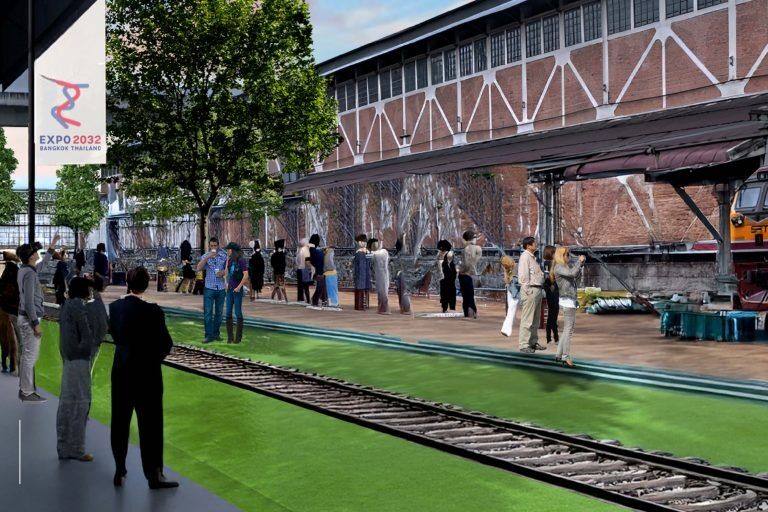
Thanakrit believes Expo 2032 could coincide with Bangkok’s 250th anniversary, making it “a once-in-a-generation opportunity.” The project estimates 26 billion baht in revenue and promises long-term public benefits. After the event, exhibition spaces could be converted into creative community zones, not just abandoned relics, according to Urban Creature.
“Makkasan could become the city’s heartbeat,” he said. “And readiness there could spread to Bangkok Station and Mae Nam Station.”
He’s quick to add, “But no plan works without support. We need collaboration between the government, private sectors, and urban experts.”
While the thesis is academic, Thanakrit hopes it sparks real change.
“We need smart, sustainable development — not just for tourists, but for the people who live here every day.”
Latest Thailand News
Follow The Thaiger on Google News:


























